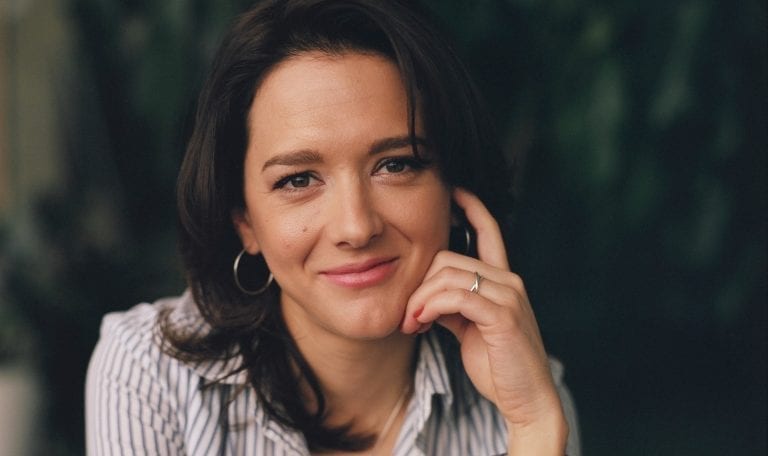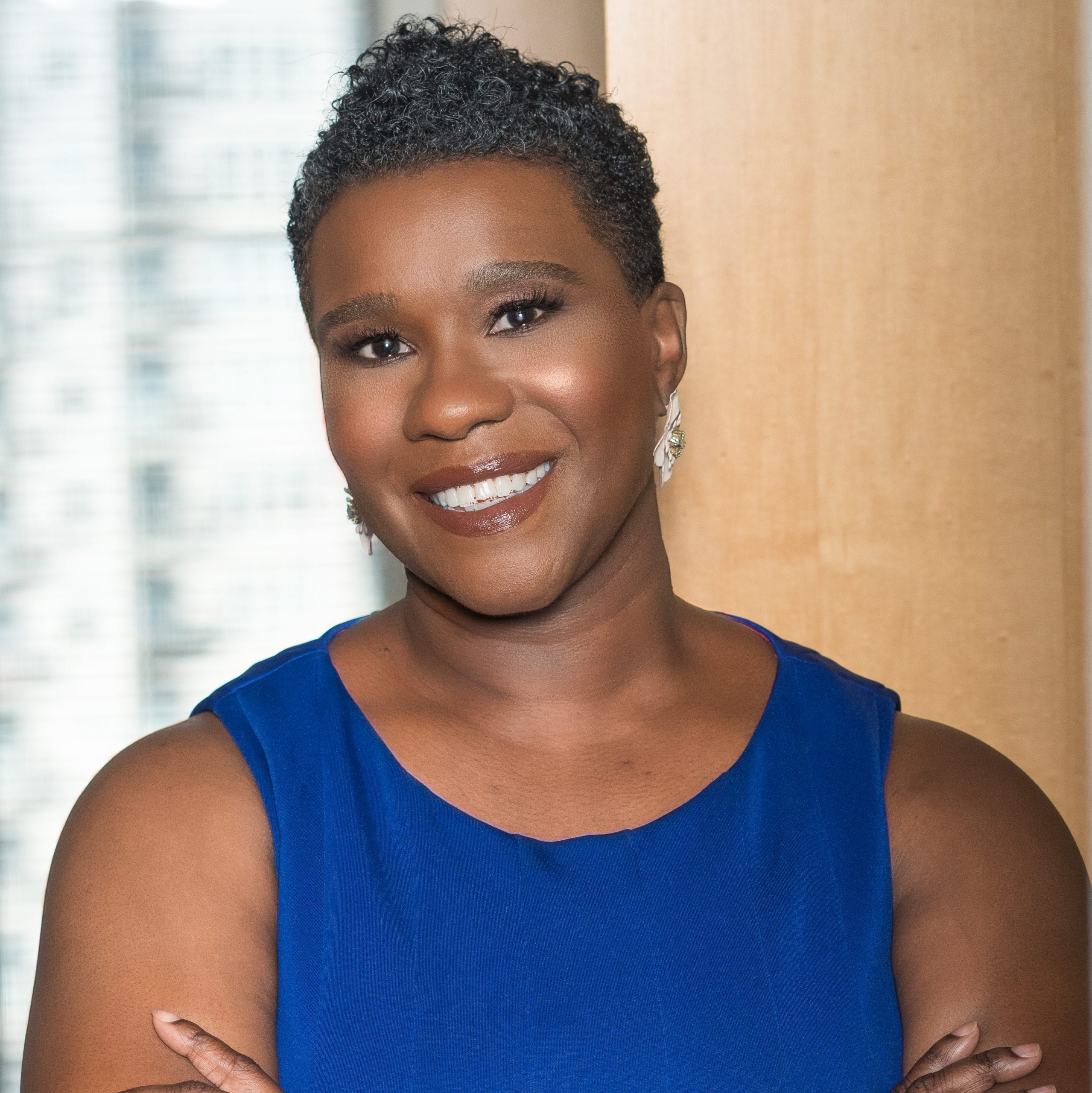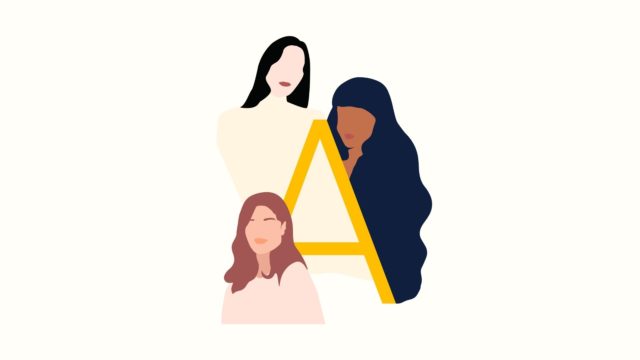Code-Switching : To Be or Not To Be Yourself at Work

We’ve all experienced it: our own freshly-uttered words ring false to our ears. Yet, the message is sincere, even if the tone and body language are calculated. No one notices anything unusual. And that’s precisely the aim: make a good impression, project a certain image. But this “adaptation” of reality, this distortion of our own identity, is a double-edged sword that affects an innate desire for authenticity. If you’re a woman working in a world of men or, even more, if you belong to a cultural minority, the phenomenon is certainly familiar to you: we’re talking about code-switching.
For Nour*, an analyst, the pressure was huge, she recalls. In addition to performing well, she felt immense pressure to “conform” to the majority, in order to get along with her colleagues. To do this, she wasn’t always herself at work. In the office that she shared with a colleague who was also a racialized woman, the conversations were spattered with informalities, personal stories, and cultural references, and the soundtrack to go along with it. “These are things we would never have done in front of the others,” Nour says about her other colleagues, with whom she would never have felt as comfortable being so casual.
When they left their cocoon, both colleagues altered their behaviour to avoid making things uncomfortable. Like thousands of professionals, Nour was in a constant state of vigilance, even in a small, rather close-knit team.
Code-switching: between opportunity and constraint
Code-switching refers to the way a person modifies their way of talking, acting, or dressing based on their social environment. This happens naturally in some circumstances: we don’t express ourselves the same way when speaking in an official professional context as when we tell a story to a friend.
However, when someone finds themselves in a minority position within a group, it’s not unusual for that person to resort to code-switching to adapt to the people around them and gain acceptance. This is often the case for women who progress in male-dominated environments, and even more so for people who belong to cultural minorities or LGBTQ+ communities. Therein lies the rub, for there are two types of code-switching.
Opportunity-based code-switching is viewed as a strategic manoeuvre in the workplace. It is used intentionally to adapt to the language of certain groups, fit in more easily, and strengthen bonds of trust.
Constraint-based code-switching is “endured” by those who have no choice but to resort to it to be accepted. The practice, learned at a young age then reinforced by personal and professional experiences, allows people to distance themselves from the stereotypes and prejudices (or unconscious biases) with which they get labelled.
In Nour’s case, it was the second type, as she was worried she wouldn’t be treated the same as her colleagues in a circle where uniformity was the rule. “Not only are you in the minority in your workplace, you’re also seen as being different,” she explains. In this kind of context, is there any room left for authenticity?
A choice between authenticity… and success
“Why do you code-switch? Why not just be yourself?” Nour states, quoting comments from people who don’t have to deal with this reality. But it isn’t as simple as it seems, she continues. In many work environments, professionalism, which has significant influence over people’s career advancement, is often associated with a certain tone, language, or style of leadership. A survey of 1,144 employed Americans of various cultures and orientations showed that people who code-switch are more likely to be promoted than those who don’t. Nour, who uses Arabic expressions in her everyday speaking, doesn’t always allow herself to do so at work. “People don’t understand, so it makes them uncomfortable,” she explains.
“Language is an entry point to culture and participation,” Nour believes, having reflected on the question. “You want to show that you’re part of the culture too,” she clarifies. But at what cost? After all, a company’s greatest strength is the sum of its employees. Even more so when talents are diversified… and when they have the chance to contribute authentically!
And so, it’s workplace culture that must change, says Nour. Everyone should be able to express their professional ambitions by being themselves, without any questions being raised. Beyond inclusion efforts, this means deconstructing the biases that still dictate corporate ways of doing things.
Now, at a new stage in her career, the young professional is no longer afraid of expressing herself, mainly thanks to her racialized colleagues. With time and experience, she has also gained more confidence in her abilities. For so long as code-switching remains a reality, continued efforts are needed to make work environments safe spaces that are conducive to success for all.
*Name changed to protect anonymity.
Follow us on Facebook and LinkedIn, and subscribe to our newsletter for all of the latest contents.







